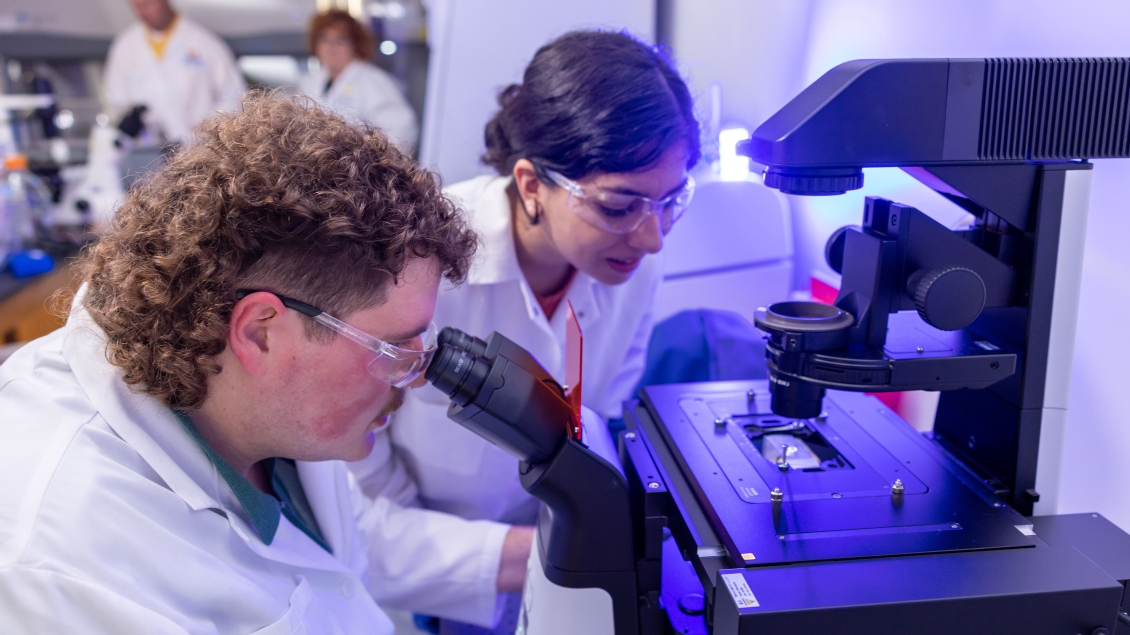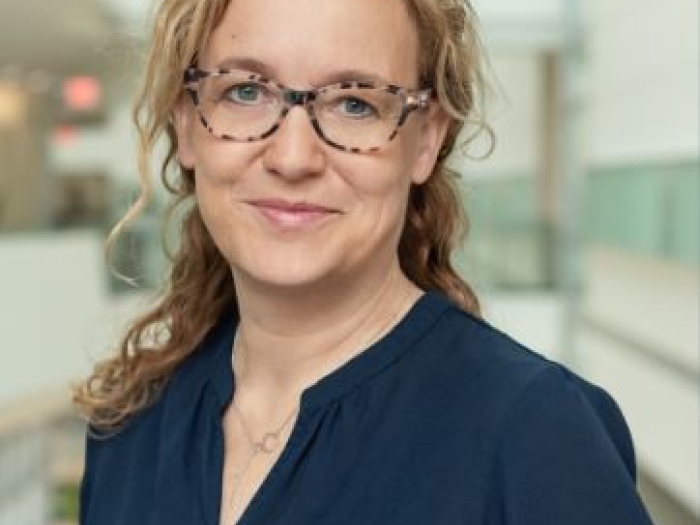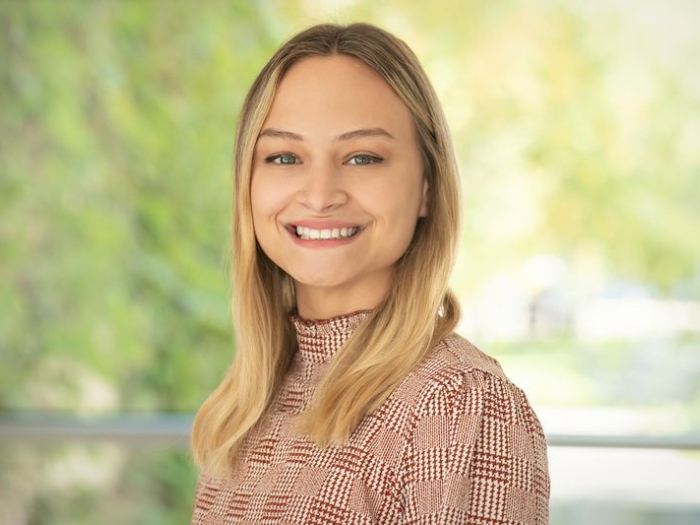
Train Where It All Began
Founded in 1891, Michigan Pharmacology was the first department of its kind in the United States. In our 130+ year history, we have awarded the largest number of PhDs in Pharmacology.
Pharmacology synthesizes the fields of chemistry, biochemistry, cell biology, physiology, and pathology to create a comprehensive framework for understanding and treating disease. As one of the most exciting and rapidly expanding areas of biomedical research, Pharmacology directly impacts public health through the discovery of new medicines.
Our mission is to train the next generation of pharmacologists for careers in academia, government, biotech, and the pharmaceutical industry, as well as emerging novel careers in which their deep knowledge and expertise provide value.
Our alumni have led the field as pharmaceutical company executives, research directors, senior scientists, directors of government research laboratories, and academic faculty, chairs, deans, and college presidents.
To accomplish our mission, we provide a rigorous but supportive learning environment where trainees receive individual mentorship, career development and placement advice, real world experience, and role models of work-life integration from outstanding faculty and alumni.
The breadth and depth of our synergistic research and training missions are extraordinary. Our diverse group of outstanding faculty partners with trainees to advance new knowledge. This collaboration is key to developing novel therapeutic approaches for the treatment of disease within diverse populations.
There are so many ways we support our students and help them to be successful. From professional development to parenthood to disability accommodation, we’re here to help. Find information, funding and programs to help you live and learn at U-M in our Student Life & Resources section.
I could not be more grateful for my training at Michigan Pharmacology. The foundational principles we were taught in our classes overlap perfectly with the knowledge I need to thrive in my current role in Toxicology at Eli Lilly. While successfuly navigating a very challenging and comeptitive job market, there were many times I said to myself "I am so thankful I earned my Ph.D. from Michigan Pharmacology." #TheMichiganDifference

Connect with students, faculty and staff during events throughout the year.








